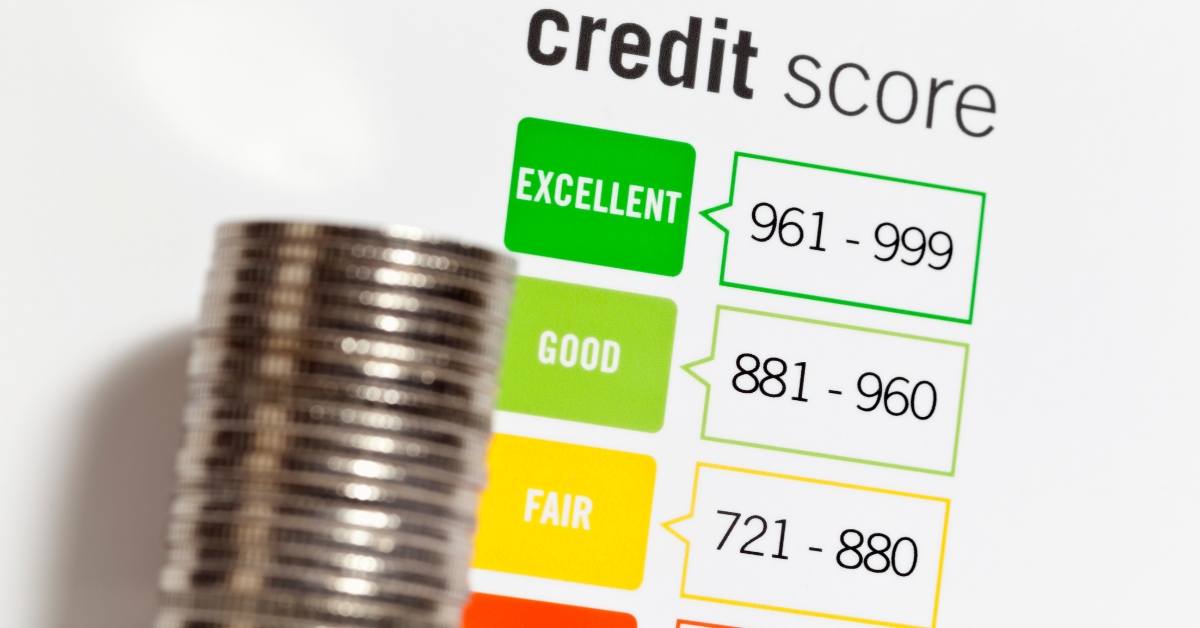When it comes to purchasing a car, having a good credit score can significantly impact your financing options and the overall cost of your vehicle. Your credit score serves as a reflection of your financial responsibility and is used by lenders to assess your creditworthiness. In this comprehensive guide, we will delve into the factors that influence the credit score needed to buy a car and provide insights on how to improve your credit standing.
- The Importance of Credit Scores: Your credit score is a numerical representation of your creditworthiness, ranging from 300 to 850 in most scoring models. Lenders use this score to evaluate the risk associated with lending you money. A higher credit score not only helps you secure favorable interest rates and loan terms but also increases your chances of loan approval.
- Factors That Influence Credit Scores: Several key factors affect your credit score, and understanding them is crucial for buying a car:a. Payment History: The most significant factor, accounting for approximately 35% of your credit score, is your payment history. Consistently making payments on time helps build a positive credit history.b. Credit Utilization: This factor considers the amount of credit you’re using in relation to your available credit. Aim to keep your credit utilization ratio below 30% to maintain a good credit score.c. Length of Credit History: The length of time you’ve had credit accounts impacts your credit score. It’s beneficial to establish a lengthy credit history before buying a car.d. Credit Mix: Having a diverse mix of credit types, such as credit cards, loans, and mortgages, demonstrates your ability to handle different financial responsibilities.e. New Credit Applications: Applying for multiple new lines of credit within a short period can negatively impact your credit score. Minimize new credit inquiries when planning to buy a car.
- Minimum Credit Score Requirements: There is no fixed minimum credit score required to buy a car. Different lenders and financing options have varying criteria. However, a credit score of 660 or higher is generally considered good and improves your chances of obtaining a favorable car loan.
- Impact of Credit Scores on Car Financing: Your credit score can influence the terms of your car loan, including interest rates, down payment requirements, and loan duration. Higher credit scores often result in lower interest rates and more flexible loan terms, which can save you money over time.
- Options for Buyers with Lower Credit Scores: If your credit score is less than ideal, there are still options available:a. Subprime Lenders: Some lenders specialize in working with borrowers who have lower credit scores. These lenders may offer higher interest rates but can provide financing to individuals with less-than-perfect credit.b. Co-Signer: Having a creditworthy co-signer with a good credit score can improve your chances of loan approval and help secure better loan terms.c. Down Payment: A larger down payment can offset the impact of a lower credit score and demonstrate your commitment to the purchase.
- Improving Your Credit Score: If you’re planning to buy a car in the future, it’s essential to work on improving your credit score. Consider the following strategies:a. Pay Bills on Time: Ensure all your bills, including credit card payments, loans, and utilities, are paid promptly.b. Reduce Debt: Minimize your credit card balances and pay off outstanding debts to lower your credit utilization ratio.c. Maintain Old Accounts: Keep old credit accounts open to maintain a longer credit history, even if you’re not actively using them.d. Limit New Credit Applications: Be cautious when applying for new credit, as each application can temporarily lower your credit score.e. Monitor Your Credit: Regularly review your credit report to identify and address any errors or fraudulent activities promptly.
Conclusion: While there is no specific credit score requirement to buy a car, having a good credit score can significantly impact your financing options and loan terms. By understanding the factors that influence credit scores and adopting smart financial habits, you can improve your creditworthiness over time. Whether you have an excellent credit score or need to work on rebuilding it, taking proactive steps will enhance your chances of securing an affordable car loan.










